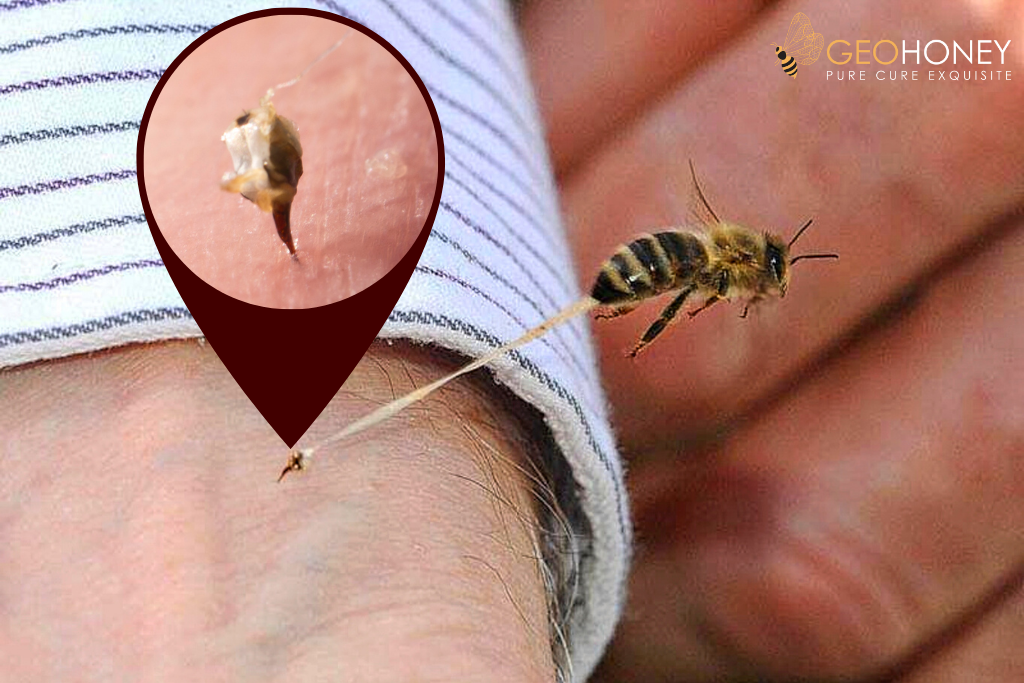- Tokyo: 03:16
- Singapore: 02:16
- Dubai: 22:16
- London: 18:16
- New York: 13:16
Bees Die After Stinging - Is It True?

A common belief among humans says that bees die immediately after stinging humans. Yes, we all have heard this and believed too. But is this actually true? To say it in simple words, the answer is no! However, this is completely true that some bees undoubtedly die after stinging, but others don't. The key reason behind this is that all bees are not capable of stinging.
Bees play a vital role in the environment by pollinating various plants, but they can also deliver painful stings. People thus, generally run away whenever they see the bees buzzing around. However, there are about 20,000 bee species worldwide, many of which don't sting. This group of bees is known as stingless bees and is considered primarily ineffective. Nicholas Naeger, a molecular biologist at Washington State University, has studied about 500 species of stingless bees for about two decades. These bees don't sting humans but can bite, as the sting attached to their bodies is totally harmless and thus does not cause any damage to humans.
We commonly see several varieties of bees in our backyard or garden, including honey bees, carpenter bees, and bumble bees. All of these bees sting, but only if they feel threatened. Bumble and carpenter bees can sting multiple times without dying, whereas honey bees stinging is typically fatal.
Why Do They Die After Stinging?
The honey bee's stinger is attached so that once it penetrates human skin, it can't yank it out without self-excising. While trying to pull out the stinger from the skin, it cracks its lower abdomen region, leaving the stinger embedded, taking out instead a string of digestive material, muscles, organs, and a venom sac. What results is a gaping hole toward the end of the abdomen, causing death.
According to Mr. Basem Barry, founder & CEO of Geohoney, there are benefits for the honey bees and disadvantages for humans. Indeed, even after you squash the honey bee away, a bunch of nerve cells coordinates the muscles of the stinger left. The thorned shafts rub, digging further into your skin. Muscular valves pump poisons from a joined venom sac and convey it to the injury - for a few minutes after the honey bee is no more.
It is commonly said that one should flick off the stinger or scratch it instead of squeezing it off. Yet, since the stinger keeps on working after the honey bee is gone, it's just essential to remove it from the body quickly. No matter which way you remove the stinger, delaying can indeed have detrimental effects on your body.
Are Bee Stings Painful & Dangerous?
The acidic compound called melittin found in venom is the primary cause of pain after bee stings. This compound is responsible for activating pain receptors and even causes some degree of swelling on the skin.
These stings can even prove fatal or dangerous for allergic people. This is because their body is not very strong and can usually result in respiratory dysfunction or anaphylaxis. Though these stats are frightening, it usually happens in only 1% of cases, generally in grown-ups over 40 years old who have been stung in the head or face.
Bees are beneficial for the environment and us too. Thus, we should keep a safe distance and never threaten them. Attempting to eliminate honey bees on your own can prove hazardous and ineffective. It is necessary to seek medical help to reduce the risk.




Ich habe eine etwas andere Meinung zu diesem Thema, aber ich schätze deine Argumentation. Es ist wichtig, verschiedene Standpunkte zu hören. <a href="https://whydonate.com/de/onc201/"> onc201</a>
Ich habe eine etwas andere Meinung zu diesem Thema, aber ich schätze deine Argumentation. Es ist wichtig, verschiedene Standpunkte zu hören. <a href="https://whydonate.com/de/onc201/"> onc201</a>
It’s better to maintain a good distance from bee hives. Honeybees don’t sting till they get frightened or feel a threat to their hives. This way we can stay safe and keep them safe too.
Omg…. I didn’t know about the fact that honeybees die after stinging. Bees experience more pain than the ones whom they sting. Poor little bees.